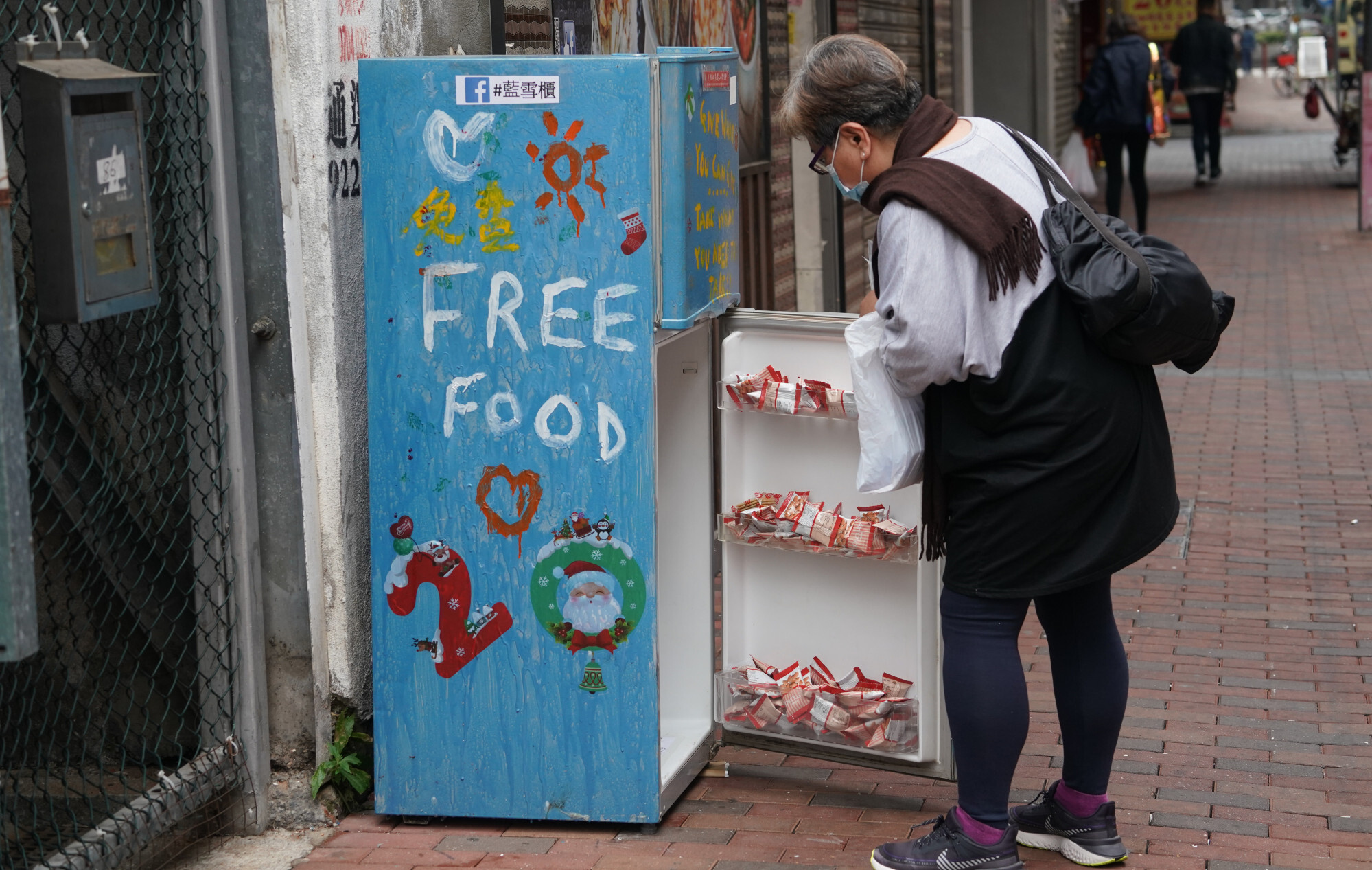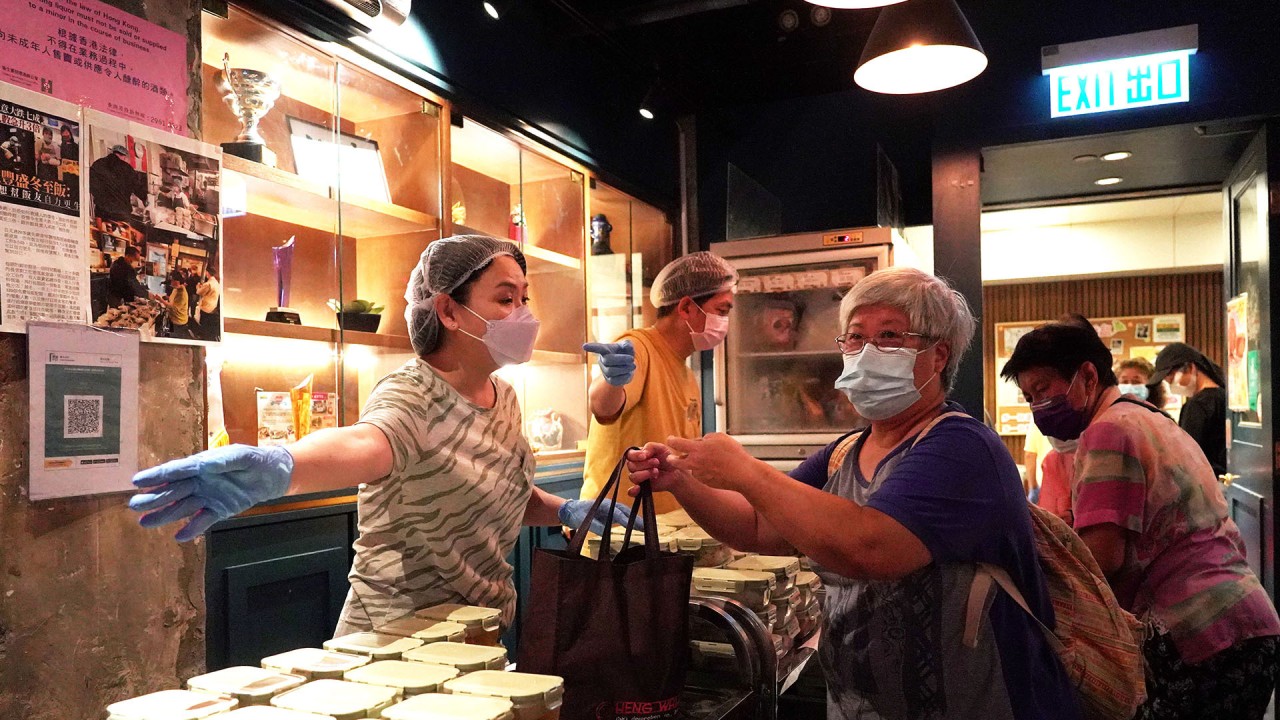
Hong Kong is poised to be Asia’s regional philanthropy hub
- The city has a long history of private investment in welfare and a culture that promotes individual social responsibility
- Coupled with its existing role as a global centre of business and commerce, Hong Kong is well positioned to lead Asia in addressing social needs
There has been talk in recent months about which Asian city is best positioned to become a regional hub for philanthropy. Hong Kong is the obvious and natural choice for four reasons.
First, Hong Kong has a long and impressive history of philanthropy shaped by three forces: British colonialism, Chinese values and a laissez faire state. When the British ruled Hong Kong, they followed a policy of “positive non-intervention”, which meant that trade was the focal point of government, while delivering social services such as health and education remained for the most part outside the government’s remit.
Fortunately, Chinese clan traditions and Christian missionary activities filled the void, with non-profits, still among the most important today, playing a critical role in delivering social services. Storied organisations such as Tung Hwa hospitals, St James' Settlement and Haven of Hope were established during the colonial era and continue to thrive in a city where the government takes a somewhat non-interventionist approach.
Just as importantly, Hong Kong people are, as a whole, generous. According to our centre’s Doing Good Index, donations from individuals account for 32 per cent of the budgets of charities in Hong Kong.
The city’s system for supporting higher education is among the most sophisticated in the world. When the government set up a donation-matching scheme for universities in 2003, funds flowed in, with institutions recording a 100-fold increase in donations.
Hong Kong is also home to the Jockey Club Charitable Trust, one of the world’s largest foundations in terms of annual donations, giving away on average HK$4 billion (US$513 million) each year.
The third reason Hong Kong stands to become a regional philanthropic hub is its connectivity to the world. While it is true that at the moment, we feel somewhat cut off, this was not the case before the pandemic, and will not be the case after. Hong Kong remains a hub for multinational companies and global financial institutions. The Hong Kong stock exchange is the world’s largest bourse in terms of market capitalisation.
And it isn’t just business that connects Hong Kong to the world. Many global universities have offices here, with schools from MIT to Oxford carving out opportunities for partnerships and regional bases in the city.

China’s Blue Book on Philanthropy reports that Chinese foundations tripled over a six-year period, from 3,000 in 2012 to over 8,000 in 2019. In our discussions with Chinese philanthropists, the notion of giving back is voiced again and again.
Philanthropy is, by definition, driven by the private sector. Throughout Hong Kong’s history, the private sector has been front and centre in addressing social challenges. And while Hong Kong has a great deal of experience in philanthropy, it has also been a highly successful entrepôt for decades, imbuing Hong Kong with the understanding that there are numerous paths to success.
To be a philanthropy hub is to recognise that progress can be made through a range of strategies and models, some of which are still emerging. This ability to be responsive and innovative is the foundation of Hong Kong’s success to date.
These are the reasons we at the Centre for Asian Philanthropy and Society decided to base ourselves in Hong Kong, and are why this city remains the region’s natural philanthropy hub.
Ruth A Shapiro, PhD, is co-founder and CEO of The Centre for Asian Philanthropy and Society


